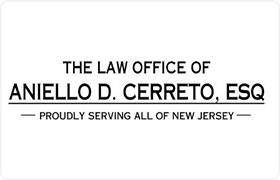EMANCIPATION
The act of freeing someone from restraint or bondage. For example, on January 1, 1863, slaves in the confederate states were declared free by an executive order...
(more...)The act of freeing someone from restraint or bondage. For example, on January 1, 1863, slaves in the confederate states were declared free by an executive order of President Lincoln, known as the 'Emancipation Proclamation.' After the Civil War, this emancipation was extended to the entire country and made law by the ratification of the thirteenth amendment to the Constitution. Nowadays, emancipation refers to the point at which a child is free from parental control. It occurs when the child's parents no longer perform their parental duties and surrender their rights to the care, custody and earnings of their minor child. Emancipation may be the result of a voluntary agreement between the parents and child, or it may be implied from their acts and ongoing conduct. For example, a child who leaves her parents' home and becomes entirely self-supporting without their objection is considered emancipated, while a child who goes to stay with a friend or relative and gets a part-time job is not. Emancipation may also occur when a minor child marries or enters the military.
 x
x

 Aniello Cerreto Manalapan, NJ
Aniello Cerreto Manalapan, NJ AboutThe Law Office of Aniello D. Cerreto, Esq.
AboutThe Law Office of Aniello D. Cerreto, Esq. Practice AreasExpertise
Practice AreasExpertise
